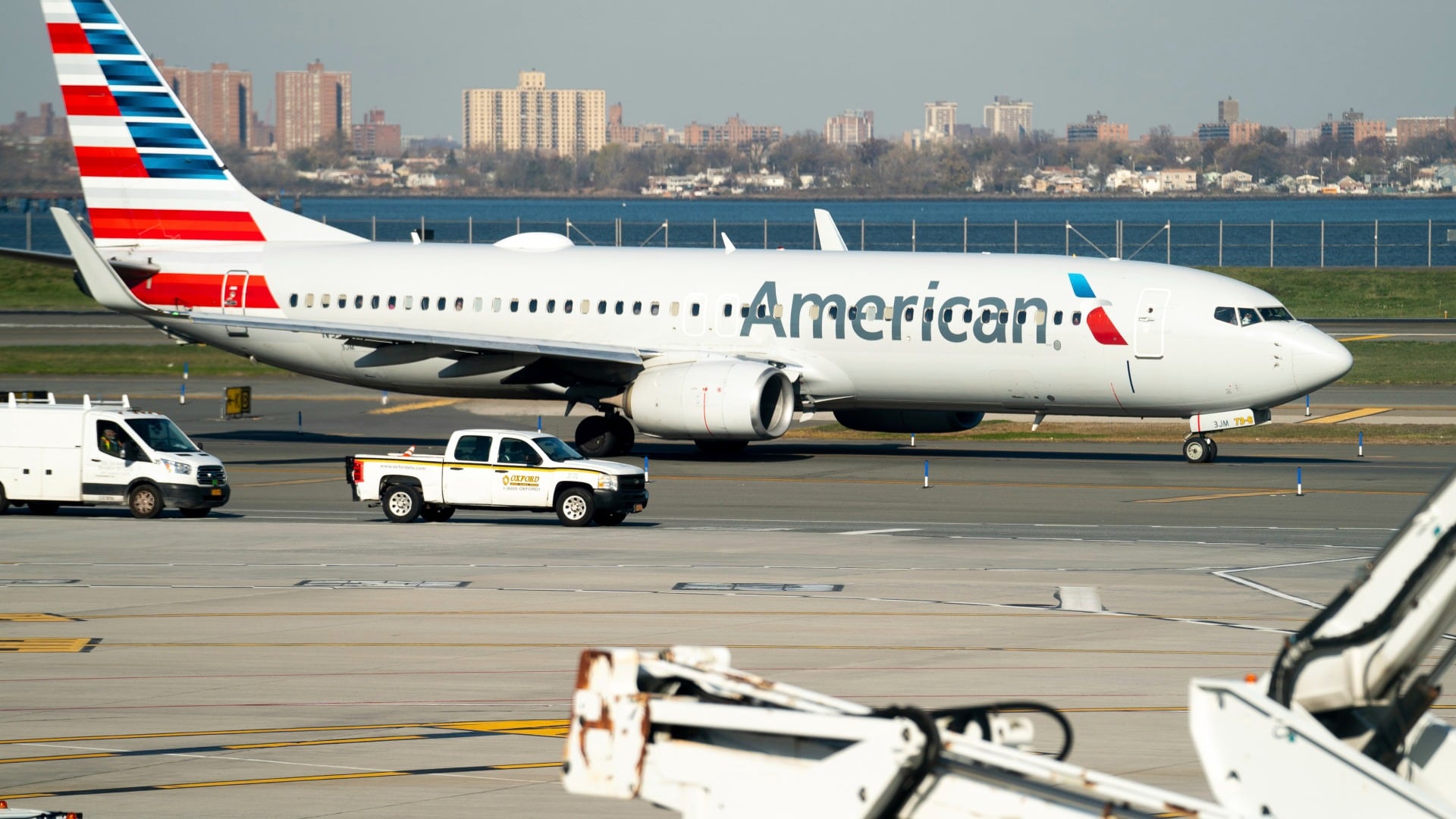FORT WORTH, Texas (AP) — Flight attendants at American Airlines voted overwhelmingly to authorize union leaders to call for a strike, a move designed to put pressure on the carrier during negotiations over pay raises.
The Association of Professional Flight Attendants said Wednesday that more than 99% of members who voted recently favored giving the union power to call a strike. The union backed up the vote with picketing at several airports.
Union President Julie Hedrick said the vote tells company management that flight attendants, who have not received raises since 2019, are “fired up." American executives, she said, “ignore this strike vote at their peril.”
American said, “We’re proud of the progress we’ve made in negotiations with the APFA, and we look forward to reaching an agreement that provides our flight attendants with real and meaningful value. We understand that a strike authorization vote is one of the important ways flight attendants express their desire to get a deal done.”
The vote does not mean that a strike is imminent or even likely. Federal law makes it difficult for airline unions to conduct legal strikes — they need a decision from federal mediators that further negotiations would be pointless, which rarely happens. The president and Congress can also get involved to delay or block a strike.
Earlier this month, American's pilots ratified a contract that will raise average pay more than 40% over four years. Flight attendants are not expected to reap that kind of increase, as they have less leverage than pilots, who are in short supply.
Other airline unions are also pushing for new contracts. Pilots at Southwest Airlines and flight attendants at United Airlines plan to picket at airports Thursday.









